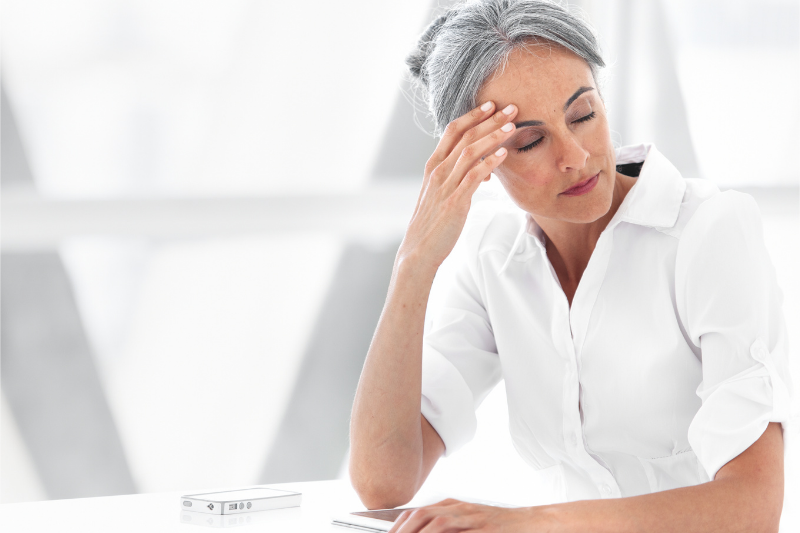Drinking a few cups of coffee a day seems to be safe, but if you need one cup to roll out of the bed and quite a lot more to keep you going throughout the day, it is critical that you do something to get rid of this addiction. Addiction- yes, that’s right! Coffee can be really unhealthy when taken excessively.

You may have heard that coffee is one effective energy drink to keep you lively and energetic, but there are numerous pieces of evidence that suggest there are negative effects of consuming too much caffeine.
Read below to know what the latest study has to say about the consumption of coffee:
- Coffee – A Nutrient-Dense Beverage
The statistics supplied by the National Coffee Association indicate that more than 60 percent of people in the US consume caffeine every single day. Coffee is considered a healthy beverage since it is rich in nutrients such as vitamin B, magnesium, niacin, choline, and vitamins B.
Dr. Arfa Babaknia, a physician at Orange Coast Memorial Medical Center in Fountain Valley, California, states that coffee provides the largest source of antioxidants. Moreover, Joan Salge Blake, a spokesperson for the Academy of Nutrition and Dietetics, says that when taken with milk, coffee is an effective way to get calcium and vitamin D. This is particularly healthy for Americans as most of them lack these nutrients.
- Coffee Boosts Protection Against Disease
Drinking coffee may reduce your risk for basal cell carcinoma, heart ailments, stroke, and ovarian, liver, colon, oral, and prostate cancers. What’s more – coffee may help to prevent life-threatening diseases such as Type 2 diabetes, Alzheimer’s disease, and Parkinson’s disease.
A recent study completed by Cornell University found that coffee also provides protection to the eyes since it prevents retinal degeneration caused by aging, glaucoma, and diseases such as diabetes. Babaknia says that although the result of the study definitely looks encouraging, it took into account only 10 to 15 years of an individual’s life. Therefore, it’s too early to suggest that this happens to everyone drinking coffee.
- Improves Mood, Enhances Energy Levels, And Promotes Weight Loss
Coffee helps to enhance energy levels, support memory, and boost mood. One of the studies conducted at Harvard School of Public Health found that individuals who consume 2 to 4 cups of coffee daily appear to lower their risk of suicide by about 50 percent.
Furthermore, coffee works to burn extra calories thereby promoting weight loss and increasing the body’s metabolism. Moreover, when taken at least 30 minutes before your workout, a cup of coffee can dramatically supercharge your gym sessions.
Is Excessive Coffee Drinking Bad For Your Health?
Salge Blake says that too much of anything is harmful for you, and that goes for coffee as well. You may not realize, but your coffee intake quickly adds up since many coffee shops usually provide 16 ounces of coffee. Besides, if you are enjoying frequent iced coffee drinks, the coffee content is more because servings are huge and generally not watered down. It is also important to bear in mind that you are taking more amounts of caffeine if you are taking pain relievers, eating chocolates, drinking soda, tea, and sport drinks.
The Effects Of Drinking Too Much Coffee
- Consumption of excessive amounts of coffee can reduce the absorption of calcium and iron. It also increases anxiety, heart disease, worsens symptoms of irritable bowel syndrome (IBS), and causes gastroesophageal reflux disease (GERD).
- It could also upsurge blood pressure in those who don’t drink coffee every day. Moreover, it increases blood glucose levels; therefore, people with Type 2 diabetes should not drink coffee.
- A cup of coffee taken hours before retiring to bed can make it difficult to fall sleep. The result is that the following day you’ll find drinking more cups of coffee just to stay energized. Salge Blake says that it consequently creates a vicious cycle that can have harmful consequence on your sleep patterns.
- It has been found that women who are finding it hard to conceive and are therefore undertaking in vitro fertilization (IVF) treatment should not drink coffee. While, there is not enough evidence to suggest that coffee can cause preterm birth or miscarriage, expectant women should not have more than 200 milligrams of coffee per day.
- People dealing with withdrawal symptoms such as fatigue, headache, and irritability may want to consider reducing their coffee consumption or switching to decaf.
The Bottom Line
Experts recommend consuming at most 400 milligrams or 4 cups of coffee per day in order to reap its health benefits and limit your cravings without causing any side effects. However, Babaknia says that there is no restriction to coffee consumption as long as it’s not making you hyper, causing sleeplessness, or giving you headache.
















